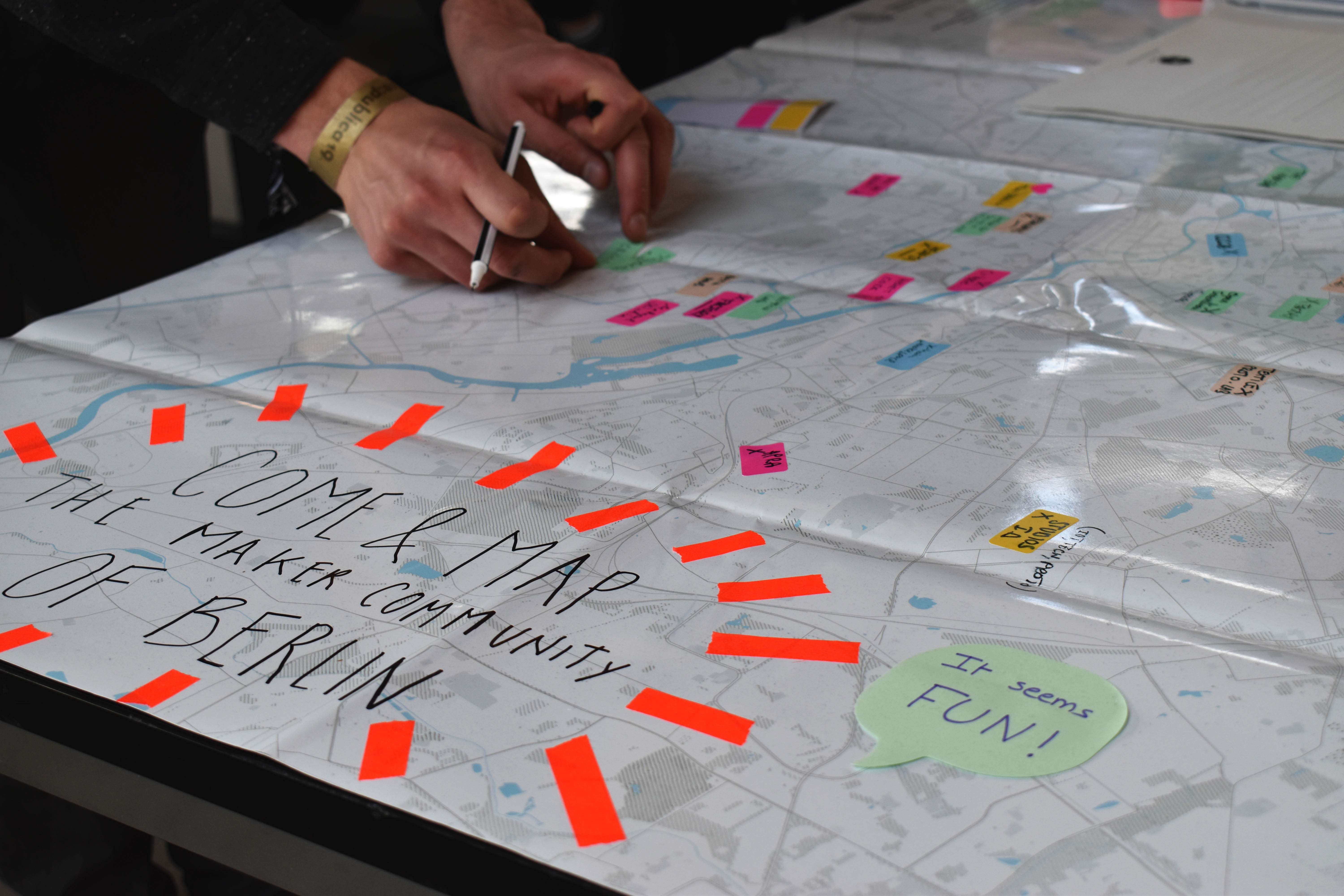Being part of the Distributed Design Market Platform is an opportunity to reflect on the scalability of the Fab City Store at the european scale, while maintaining the approach of an integrated and localized manufacturing and distribution in an existing fabric.
The Fab City Store is not a physical store. It is a support network for designers to contribute and build towards more sustainable consumption and production methods. The Fab City store aims to make tangible the Fab City values: the hyper-local manufacturing, the use of sustainable materials, and the distributability of their projects.

To reach this objective, it is necessary to be integrated in a fabric of different actors helping them all, creators but also manufacturers and users, to improve their work ethic and consumption. The goal is not only to offer ethical products to consumers but to help designers. For this, the Fab City Store organizes meetings and workshops on topics such as communication, business development, production in a responsible way.
Participating in Re:Publica2019 is for the Fab City Store the opportunity to think about ways to share the idea of the Fab City Store Grand Paris to other cities, European or global. The aim is to transfer the knowledge and good practices discovered in the fabric of Greater Paris to other urban fabrics, to build bridges between the makers communities across borders in order to be able to move towards more sustainable consumption models, limiting the transport of materials in favor of information, ideas, models of operation.
The workshop organized for Re:Publica2019 aimed to crowdsource the map of the Berlin’s manufacturing ecosystem, as well as opening the ethical charter to the problematics of the Berlin fabric. The charter and map became two artefacts to share the principles and ideas of the store, in the hope to create a local initiative to support the various creators and responsible manufacturers.
The Fab City Store aims to be a global and shareable knowledge base to develop local networks, specific to the characteristics of each fabric, metropolis, region or community in which it would be applied.
